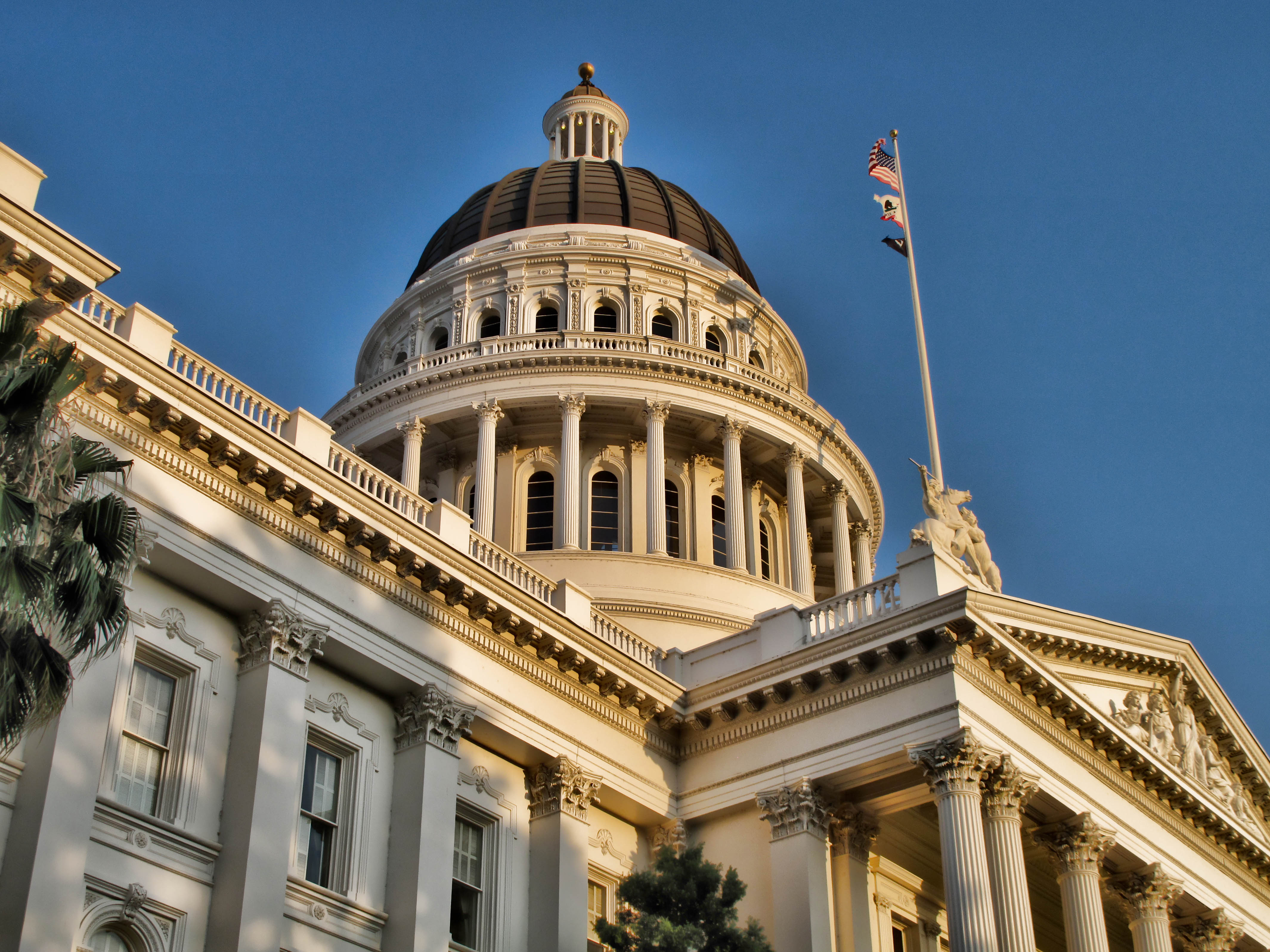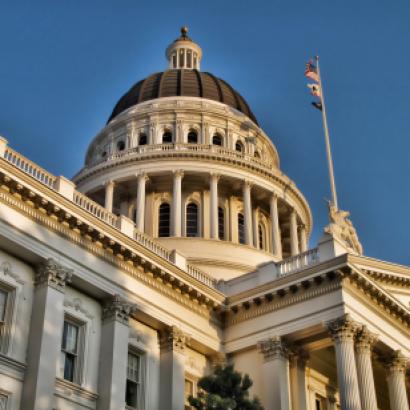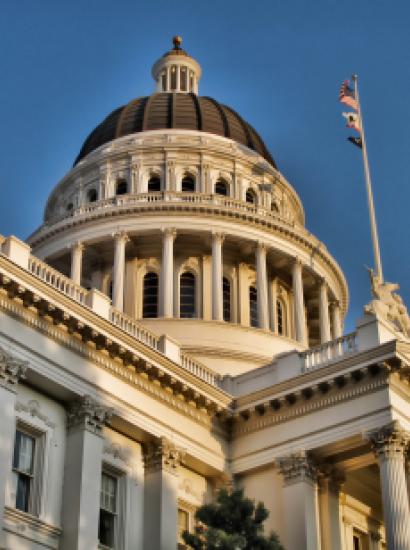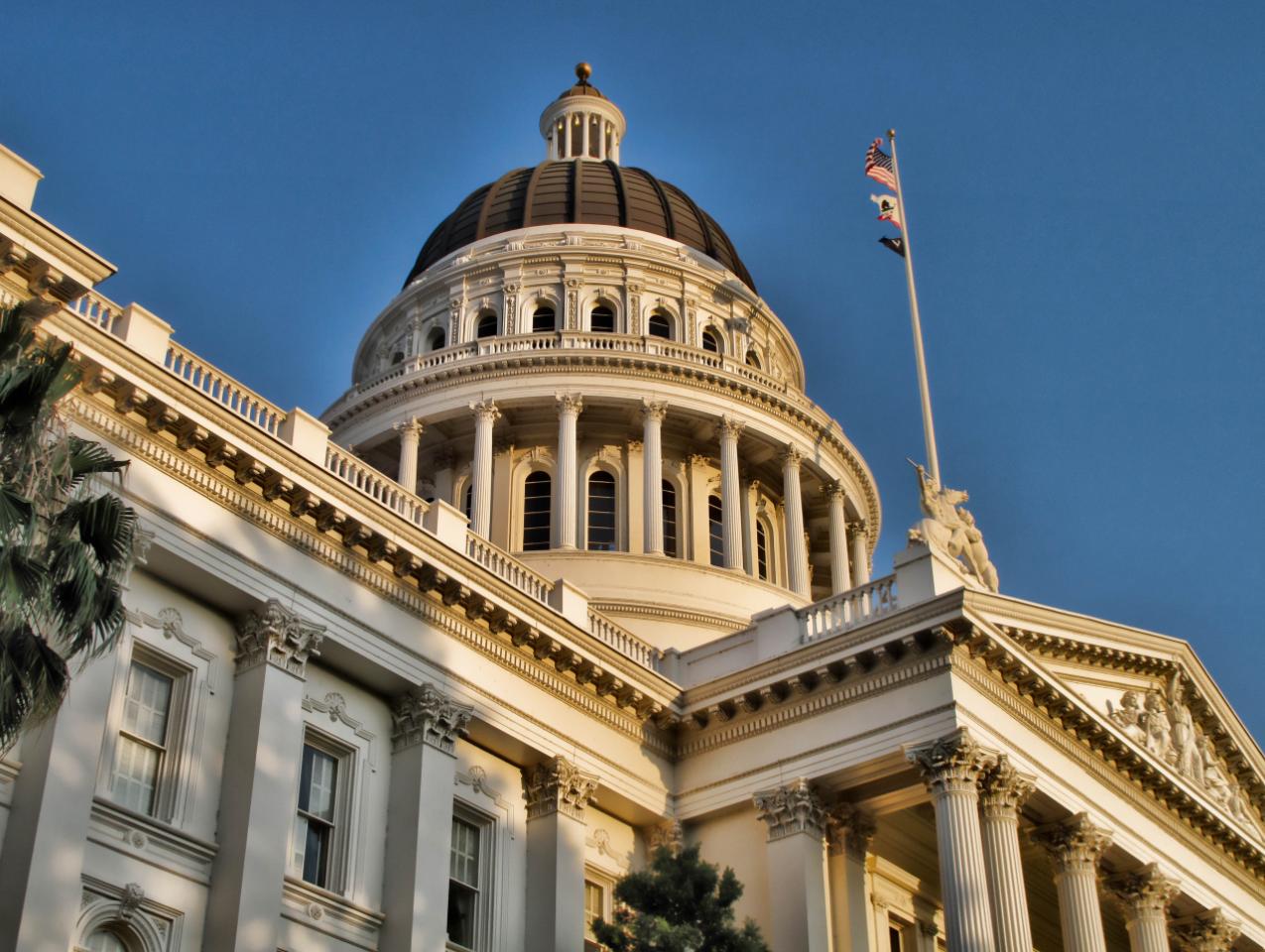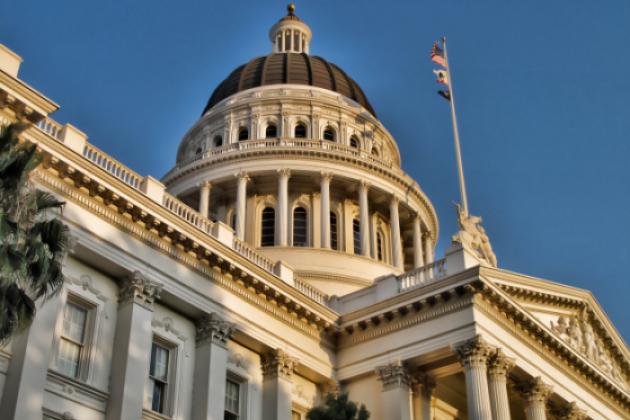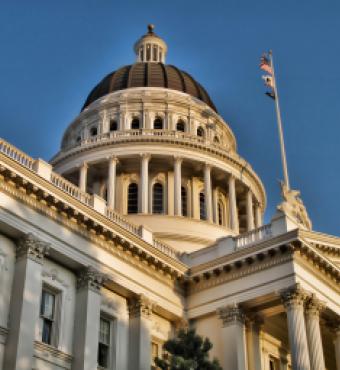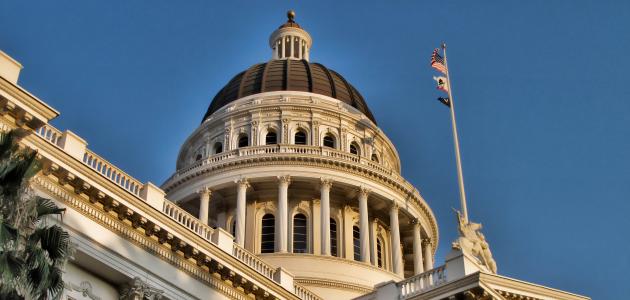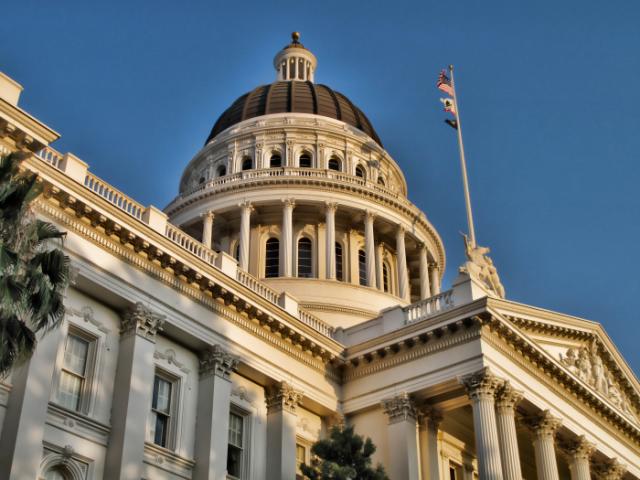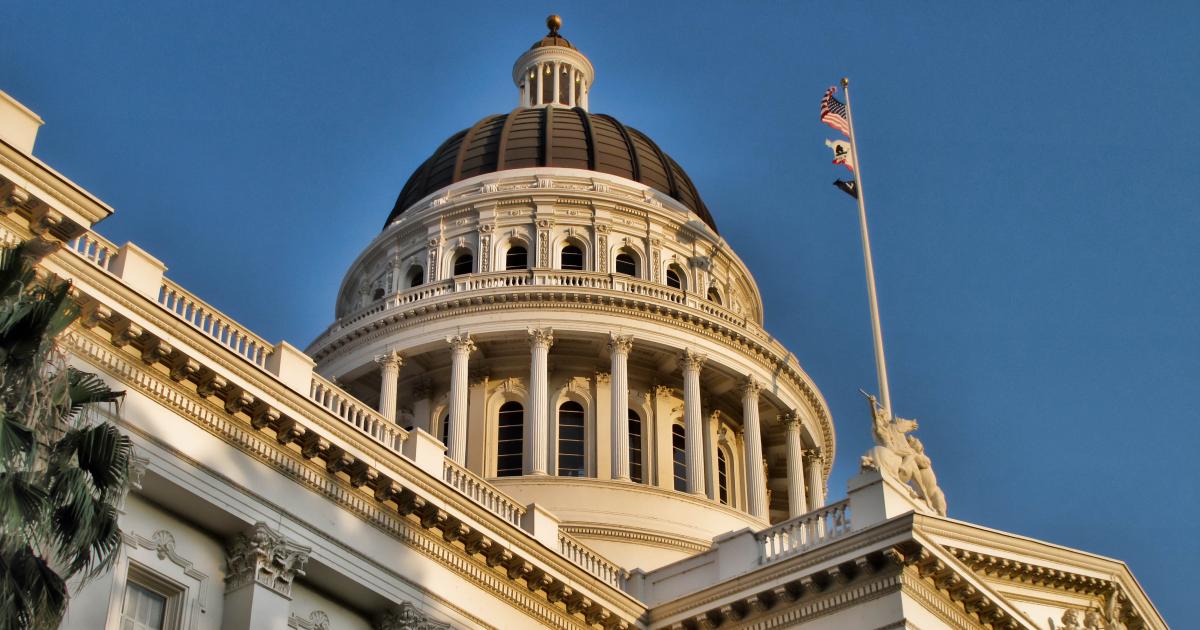- California
To the list of California governor Gavin Newsom’s lifetime accomplishments (serial entrepreneur and serial political candidate), add: media critic.
At least, that’s the impression Newsom gave during a recent appearance at the Texas Tribune Festival, during which he explained how political information flows in America—and how one cable news network in particular, with an ideology the opposite of his, dominates said information flow.
“These guys are ruthless on the other side. Ruthless on the other side,” Newsom told the Lone Star gathering. “That prime-time lineup by Fox, they’re ruthless.”
Newsom went on: “They dominate the most important thing in American politics today, and that’s the narrative. They dominate with illusion and [progressives] are getting crushed.”
Newsom isn’t the only Fox-obsessed Democrat these days. Chelsea Clinton, for example, thinks her parents are why the cable news channel exists in the first place. “We were the reason Fox News was created,” the former First Daughter recently told Variety. “Because Rupert Murdoch recognized a great market opportunity.”
Let the record show: Murdoch began conceptualizing what would ultimately become the Fox News Channel in 1990, two years before the Clintons measured the Oval Office’s drapes.
Let the record also show: Newsom’s take on Fox’s narrative dominance doesn’t add up.
On Election Night, there’s no arguing that Fox News carries the loudest voice on cable news. Two years ago, and the last time Americans went to the polls, FNC set a ratings record with just over 14 million viewers compared to 9 million who tuned in to CNN and 7.3 million viewers who preferred MSNBC. Yet in August, Fox News averaged a mere 2.3 million total viewers, down 6% from the same period in 2021 (MSNBC averaged 1.3 million, up 5%; CNN averaged 733,000 viewers, down 11%. That’s about half the number of viewers who checked out the September debut of Celebrity Wheel of Fortune.
Then again, Newsom’s gripe isn’t numerically based. Rather, it’s that Fox drives the narrative. If that’s true, then one would assume that the White House’s press briefings would be dominated by correspondents taking the Pavlovian bait and posing question after question based on such Fox News hobbyhorses as porous borders, urban crime rates, schoolkids irreparably damaged by pandemic lockdowns, and of course Hunter Biden’s laptop. Which, as you’ll see if you want to take the time to pore over recent briefings, is not the case (here’s a link).
So what’s Newsom doing by bringing Fox News into his ongoing conversation about his party’s need to take the fight to conservatives?
For starters, California’s governor has further cemented his position in “the battle of the great mention,” Newsom being among a handful of Democrats, the media deem, in position to seek the presidency should Joe Biden opt not to in 2024.
But Newsom is also whistling past the graveyard—the graveyard in this instance being the declining state of political journalism in California.
Once upon a time in the Golden State, California governors had to run an impressive gauntlet of media outlets—television stations, large-circulation newspapers, and AM stations with a burgeoning talk-radio format (this is before the internet and digital spaces scrambled the equation as to where Americans go for their news). At least, that was the case for California governors as recent as Arnold Schwarzenegger, whose November 2003 arrival in Sacramento coincided with four Los Angeles television stations reopening their Sacramento bureaus.
But when Schwarzenegger left town nearly 12 years ago, so too did the media circus, or at least the added attention given to a celebrity-turned-politician. With Arnold no longer making gubernatorial news, the LA stations decided that what transpired in out-of-market Sacramento wasn’t worth the same trouble (and expense).
What Newsom presently faces in the way of dogged media scrutiny in his home state: one nonpartisan, nonprofit publication (CalMatters.org) that diligently investigates state government; and other publications that sniff around his administration, albeit with smaller capital bureaus and fewer reporters dedicated to lengthy, investigative journalism (the late Virginia Ellis comes to mind as a Sacramento-based reporter who devoted her time to uncovering government shortcomings).
But as for a loud, conservative voice driving the Golden State narrative, California political journalism is about as right-of-center as a testimonial dinner for Norman Lear. Yes, there are exceptions. The Orange County Register still adheres to a conservative viewpoint, having survived financial drama and an ownership change. Likewise, the San Diego Union-Tribune skews right, even if the publication’s print future is dodgy. Otherwise, the Sacramento Bee and San Francisco Chronicle don’t have in-house conservative columnists. Neither does California’s most influential newspaper, the Los Angeles Times, once holding a center-right and anti-union platform but now a daily publication with a newsroom force not quite half of what it used to be.
What this portends for Newsom as he maybe segues from state business to a national campaign next year: despite over two decades in the California spotlight, both in San Francisco (as that city’s mayor) and in Sacramento (as lieutenant governor, then governor) he hasn’t faced much in the way of hostile coverage other than reaction to a pair of lapses in judgment—one as governor, one as mayor.
This may turn out to be one of Newsom’s greatest challenges should he seek the presidency. What does California’s governor do when reporters, fed tidbits by the other candidates in the field, press him on matters that won’t please hard-left Democratic voters in early primaries and caucuses, i.e., the governor’s push to keep open California’s last operating nuclear plant, or his veto of trial drug injection sites that he previously had seemed amenable to in Los Angeles, Oakland, and San Francisco?
The funny thing about the modicum of a conservative media presence in California: it doesn’t matter much as far as Newsom positioning himself for a presidential run. To the extent that Newsom has raised his profile, it’s been courtesy of national news outlets—yes, including Fox News.
But how a more skeptical media at home (and beyond California) could help Newsom: by preparing him for the rigors of the campaign trail and the criticism that comes with it—what Florida governor Ron DeSantis faces on a daily basis from reporters who want to demonize him as the second coming of Donald Trump.
Finally, after all his red-state bashing of late, something in Florida for Gavin Newsom to envy.







